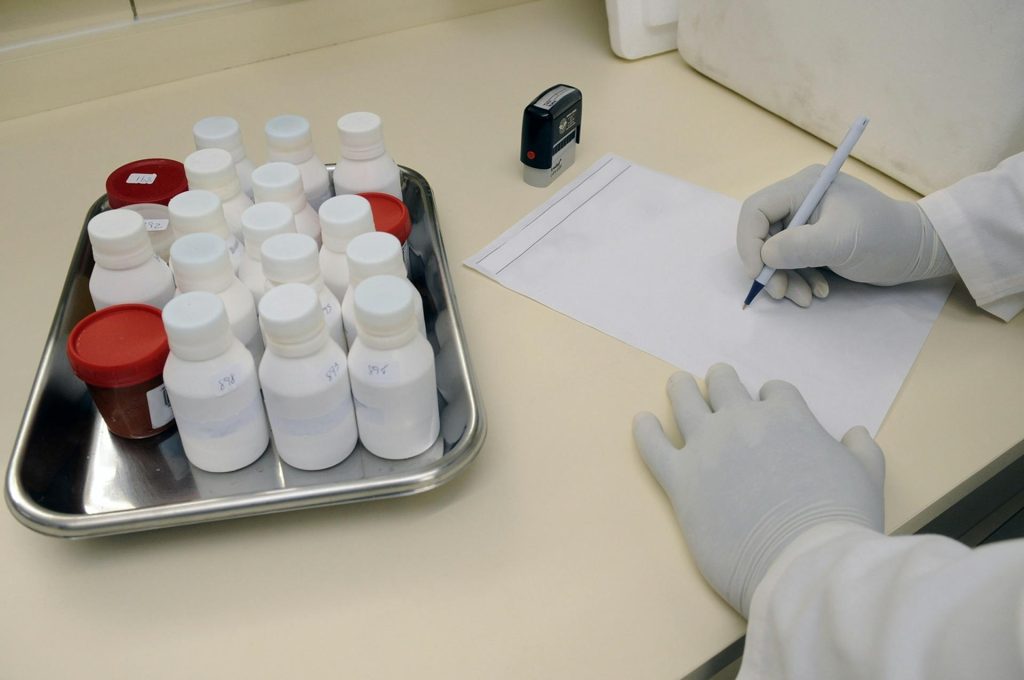Chemistry covers a diverse range of topics, from atomic structure to organic chemistry. With so much content to learn, it’s important to employ targeted study strategies for each area. An effective approach is to break topics down and tailor your revision methods. Here are some suggested strategies for commonly tested O Level Chemistry concepts.

Atomic Structure and Periodic Table
- Use flashcards to memorize atomic numbers, symbols and charges. Quiz yourself regularly.
- Group elements sequentially based on their position in the periodic table. This helps commit trends to memory.
- Create a poster highlighting key facts and patterns. Hang it up to reinforce learning visually.
Chemical Bonding
- Draw out dot-and-cross diagrams to understand ionic and covalent bonding at a molecular level.
- Relate bonding type to physical properties like melting point and conductivity through worked examples.
- Test understanding by drawing unknown diagrams and identifying bond type. Get a peer to check answers.
Stoichiometry
- Practice mole calculations repeatedly through past year questions. Address any weak areas.
- Use formula tiles, counters or sketches to represent relative quantities involved in a chemical reaction.
- Work through step-by-step workings for balancing equations and calculating molar ratios. Explain the logic aloud.
Acids, Bases and Salts
- Identify common acid-base indicators and their color changes through flashcards.
- Make a song, rhyme or acronym to remember definitions of Arrhenius, Bronsted-Lowry and Lewis acids and bases.
- Note down reactions involving acids, bases and salts for recall and to spot patterns.
Energetics
- Associate enthalpy change signs with whether reactions are exothermic or endothermic using simple diagrams.
- Draw Sankey diagrams to visualize energy transfers during a reaction.
- Calculate and compare enthalpy changes through practice calculations and data analysis.
Redox Reactions
- Identify oxidizing and reducing agents using a colored coding system in worked examples.
- Construct half equations and balance redox reactions step-by-step with peer guidance.
- Learn to predict whether a redox reaction will occur using the Activity Series of Metals.
Organic Chemistry
- Carefully label structural isomers, functional groups through drawing mechanisms and naming hydrocarbons.
- Create classification trees to organize functional groups and their properties systematically.
- Test naming complex molecules by covering up names and drawings pre-made flashcards.
Equilibrium
- Use Le Chatelier’s Principle to predict how systems at equilibrium respond to changes using if-then scenarios aloud.
- Draw box diagrams representing equilibrium to visualize reversible reactions.
- Work through calculations involving Kc including units to cement the concept.
Kinetics
- Recall rate determining step and activation energy concept using visual representations like energy profiles.
- Identify rate-affecting variables through worked examples on how catalysts and temperature impact rates..
- Practice graph drawing for reaction profiles and interpreting gradients and intercepts.
Practical Techniques
- Shadow a teacher or older student in the lab to observe techniques first-hand.
- Read through procedure sheets step-by-step while visually checking apparatus setup.
- Self-quiz on safety equipment and drills regularly until responses become automatic.

As you can see, using multi-modal methods tailored to topic areas boosts understanding and retention of O Level chemistry concepts. With focused, active practice of targeted strategies, mastery of this wide-ranging subject becomes highly achievable.
At Bright Culture, we recognize the importance of developing specialized study skills tailored to different O Level Chemistry concepts. Our experienced tutors work closely with each student to formulate revision plans optimized according to their unique learning needs and strengths across varied topics. We take time to methodically train our students on specialized tactics like drawing diagrams for reactions and constructing formulas step-by-step. This helps boost confidence in their ability to reinforce and apply knowledge effectively.
Bright Culture offers O Level Chemistry tuition to help students master this challenging subject. Our experienced tutors use fun, engaging methods to make learning chemistry enjoyable. We guide students to maximise their potential, not just in school but in life. Contact us today to find out more!

